![]()
Unveiling the Tale of Loretta Lynn’s Hit Song: “Trouble In Paradise”
In the spring of 1974, Loretta Lynn embarked on a remarkable journey, beginning a triumphant three-year reign as the “Top Female Vocalist” according to the Academy of Country Music. Coincidentally, during that very same month, the Nashville Songwriters Association bestowed the title of “Songwriters Of The Year” upon Kenny O’Dell and Kris Kristofferson. This fortuitous alignment of talent would lead to a chart-topping hit when Loretta Lynn decided to record Kenny O’Dell’s song, “Trouble In Paradise,” just a few months later.
The title “Trouble In Paradise” may not have been a groundbreaking concept, as the Crests, renowned for their classic “Sixteen Candles,” had already graced the Billboard pop chart at #20 with a song bearing the same title back in 1960. In 1985, Huey Lewis & The News also revived the title when they contributed to the “We Are The World” album. However, Kenny O’Dell’s unique take on “Trouble In Paradise” set it apart as the only rendition to climb to the summit of any music chart.
Interestingly, Kenny O’Dell initially had reservations about using the title “Trouble In Paradise,” despite his fresh perspective on the concept. He held a certain distaste for songwriters who recycled titles from previous hits, a practice that is legally acceptable since song titles cannot be copyrighted. Nonetheless, O’Dell eventually succumbed to his creative instincts and decided to craft the song “Trouble In Paradise,” infusing it with a delightful country shuffle.
Kenny O’Dell’s next step was to present his creation to Bill Haynes, who managed Loretta Lynn’s publishing company. Haynes facilitated a meeting between Kenny and Loretta, who, after hearing the song, enthusiastically agreed to record it. However, there was a twist in the tale when it came to the song’s arrangement. Owen Bradley, Loretta’s longtime producer, harbored a strong aversion to the shuffle sound on country records, considering it “outdated.” Consequently, the song underwent a transformation, deviating significantly from Kenny’s original “country shuffle” demo.
On November 23, 1974, Loretta Lynn achieved her eighth solo #1 hit (and 12th overall up to that point) with “Trouble In Paradise” on the Billboard Hot Country Singles chart. However, her reign extended beyond the charts. A Gallup poll crowned her as the most well-known and respected female entertainer in the United States at the time.
Loretta Lynn was not one to rest on her laurels. Following the success of “Trouble In Paradise,” she delved into controversial territory with her track “The Pill,” which centered on the topic of contraception. Remarkably, the conservative Grand Ole Opry permitted her to perform it on stage, although certain radio stations remained cautious about airing the song due to its subject matter. Nevertheless, “The Pill” managed to climb to #5 on the charts, solidifying Loretta Lynn’s status as a fearless and pioneering artist in the world of country music.

Album: They Don’t Make ‘Em Like My Daddy
Artist: Loretta Lynn
Released: 1974
Lyrics
There’s trouble in paradise
I can see it and I know the signs so well
I know he’s out there and around it every day
There’s trouble but there won’t be long
‘Cause in the morning it’ll all be gone
Long gone, ’cause Lord I’m gonna love him
Till the devil goes away
Now I know about those devil women
They’ll set your lovers head to spinning
And she’s a demon she wants control
But she ain’t taken my mans soul
She ain’t taken my mans soul
There’s trouble in paradise
I can see it and I know the signs so well
I know he’s out there and around it every day
There’s trouble but there won’t be long
‘Cause in the morning it’ll all be gone
Long gone, ’cause Lord I’m gonna love him
Till the devil goes away
There’s trouble in paradise
Lord I’m gonna love him
Till the devil goes away
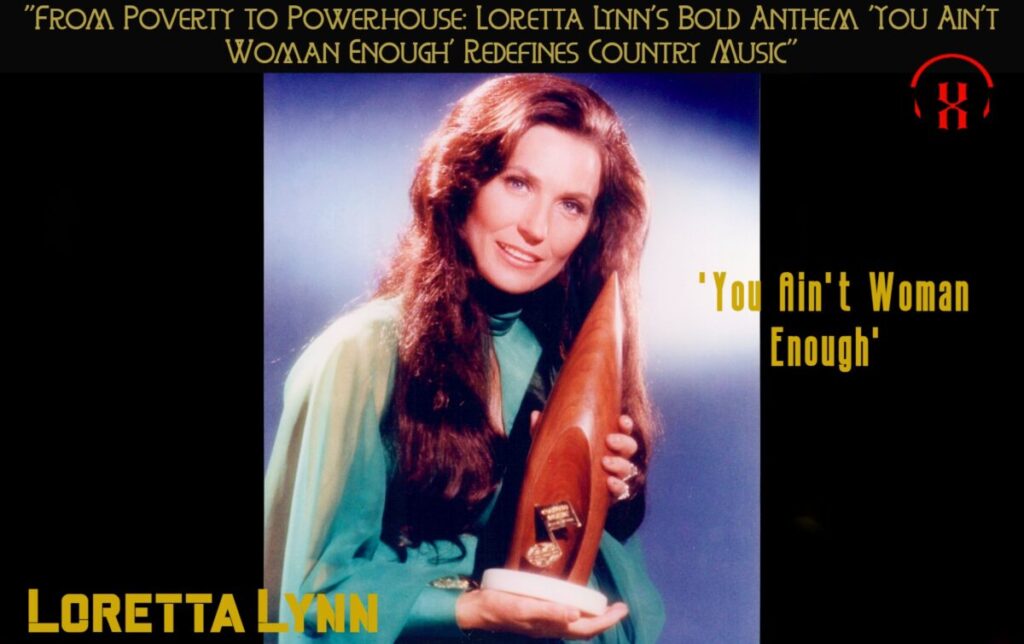
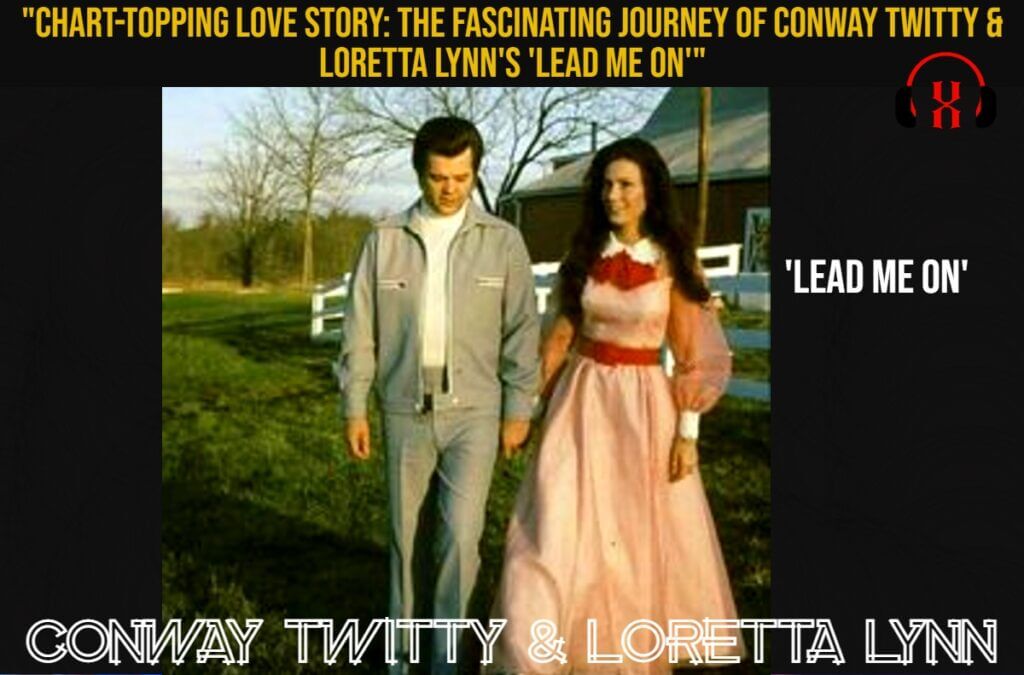


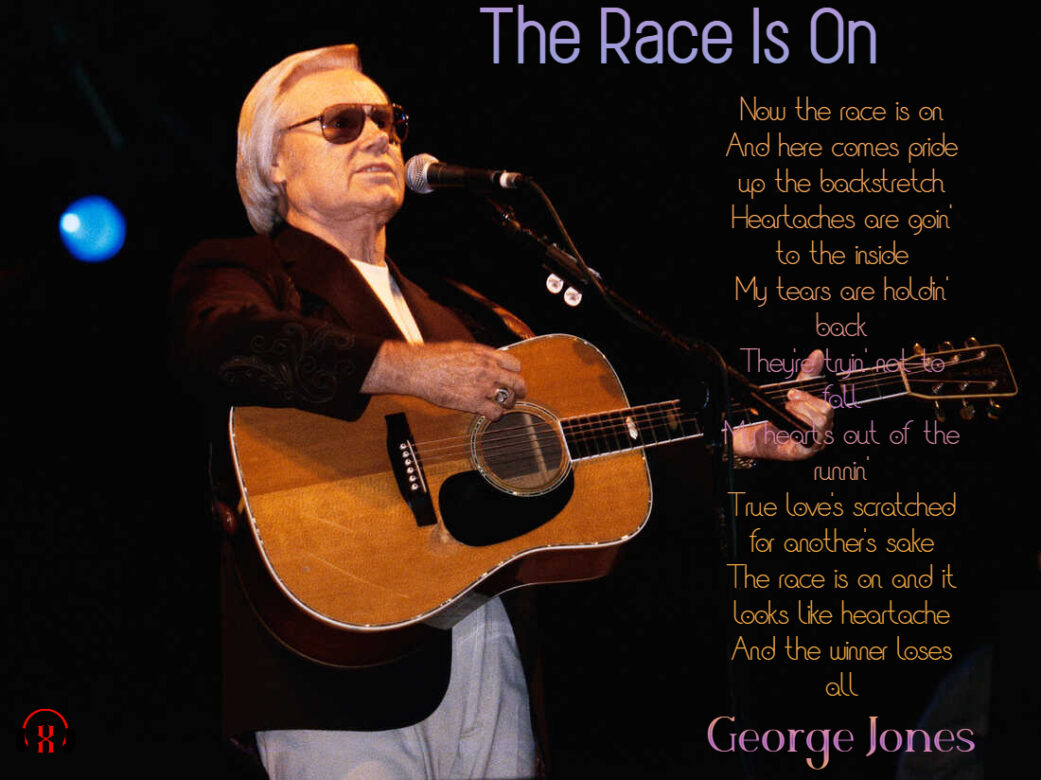
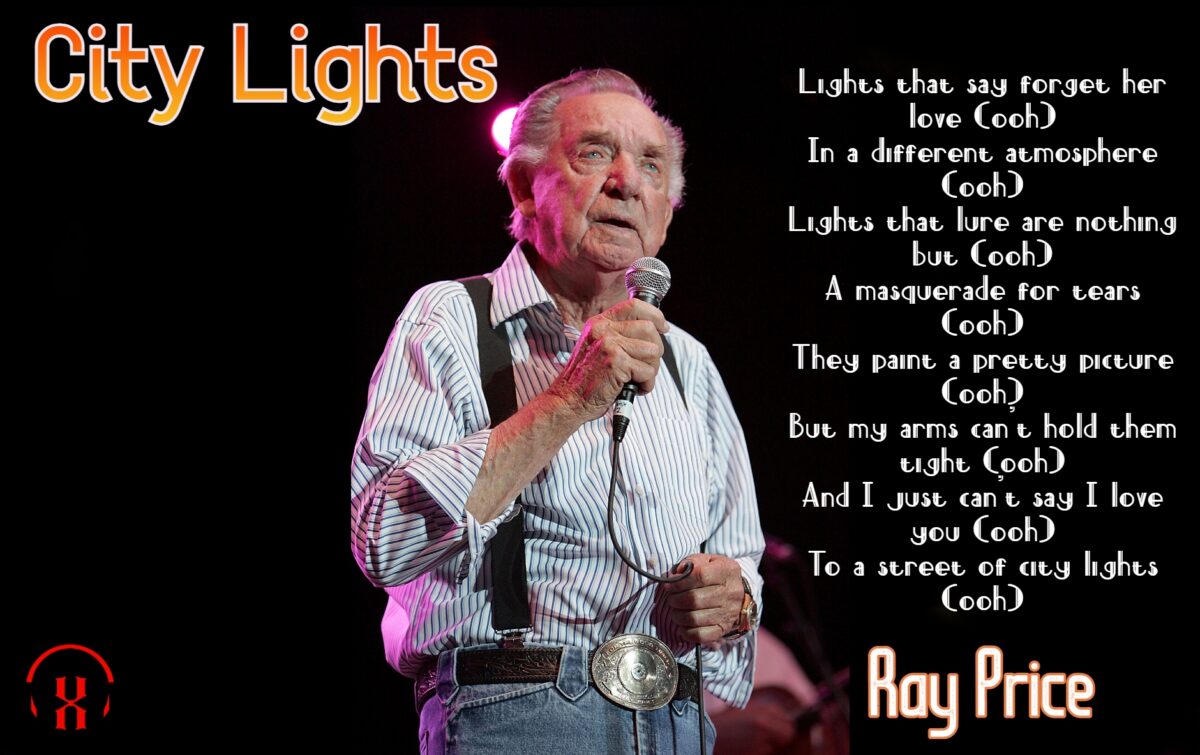

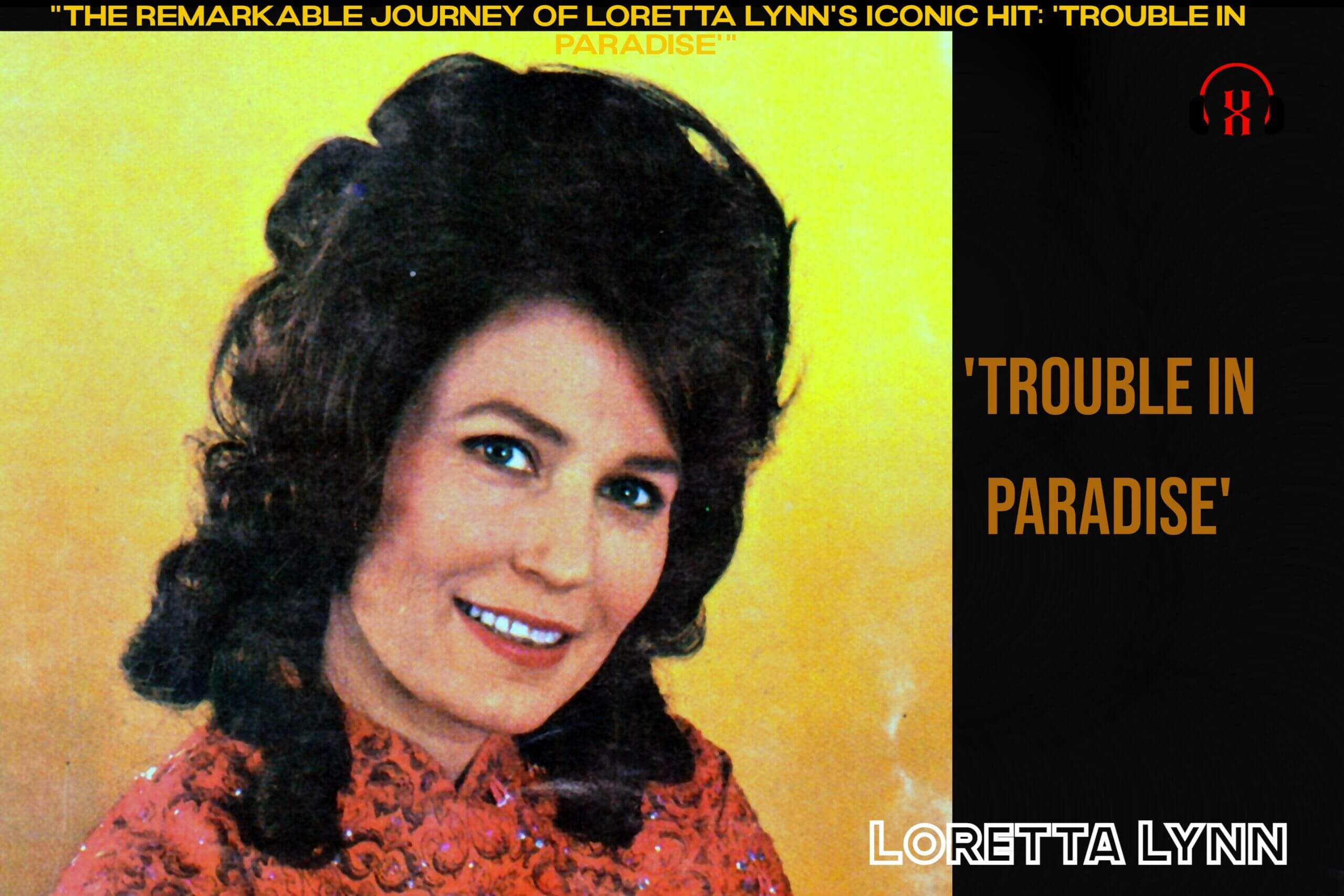
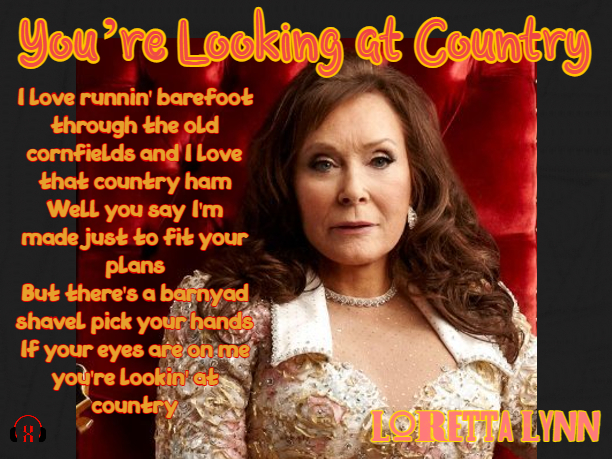

Comment on ““The Remarkable Journey of Loretta Lynn’s Iconic Hit: ‘Trouble In Paradise'””